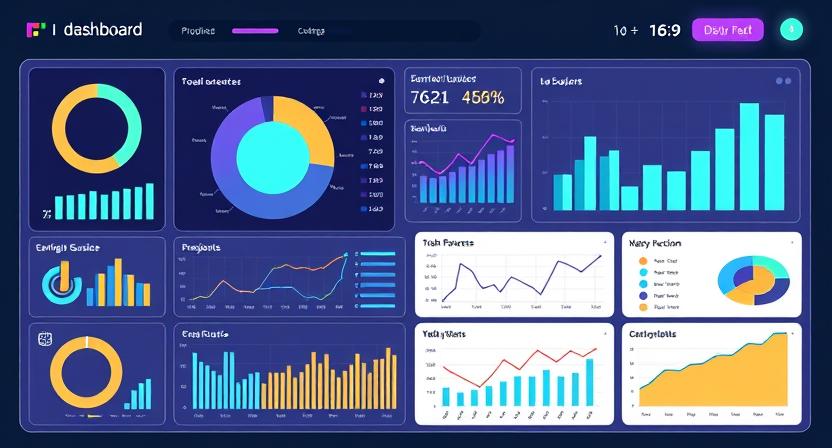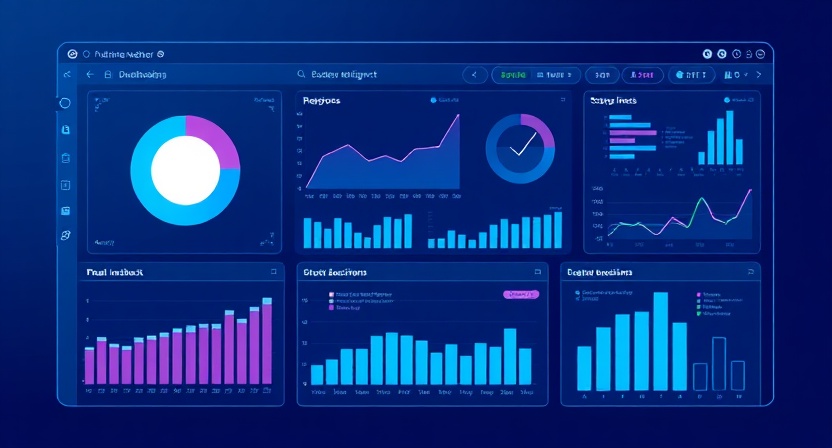As enterprises scale, managing data becomes increasingly complex. A well-architected data warehouse consolidates information from multiple sources, enabling reliable analytics, reporting, and business insights.
Scalability and Performance
Cloud-based data warehouses allow elastic scaling of storage and compute resources, accommodating increasing data volumes while maintaining high performance. Enterprises can expand or contract resources as needed, ensuring cost efficiency and consistent analytics speed.
Integration with Multiple Data Sources
Modern warehouses aggregate data from ERP, CRM, IoT devices, and external APIs. Centralized integration ensures that all analytics teams work with consistent, accurate datasets, enabling better decision-making.
Supporting Real-Time Analytics
Next-generation warehouses support streaming and real-time ingestion, allowing enterprises to act on events as they happen. This capability is critical for operational monitoring, customer engagement, and proactive decision-making.
Governance and Compliance
Data governance ensures accuracy, security, and regulatory compliance. Role-based access, encryption, and auditing provide confidence that data is reliable and protected.
A strategic data warehousing approach equips enterprises to meet current and future analytics demands, enabling growth, innovation, and operational efficiency.



